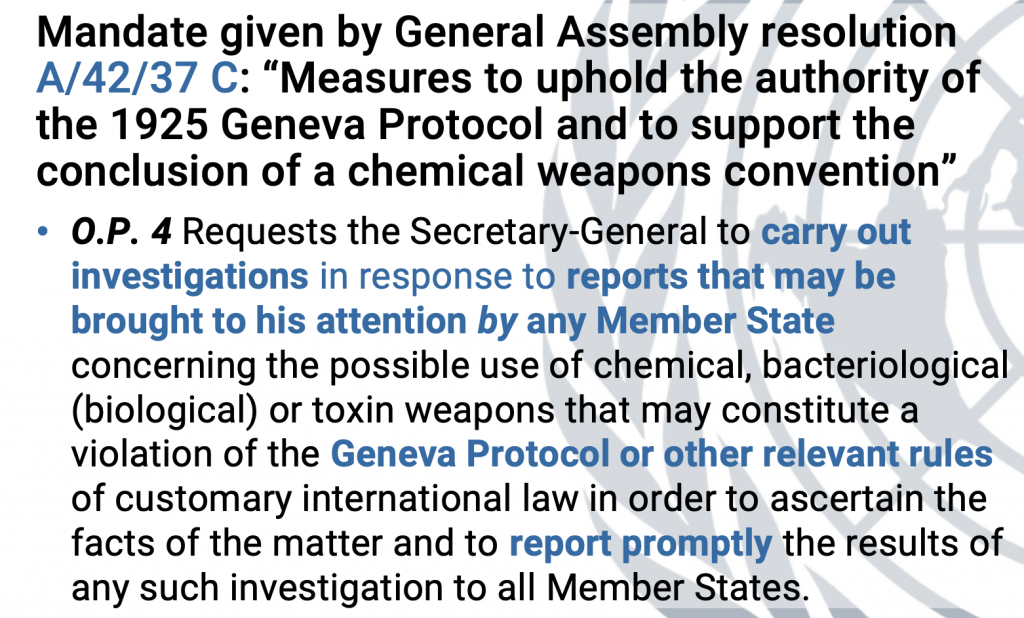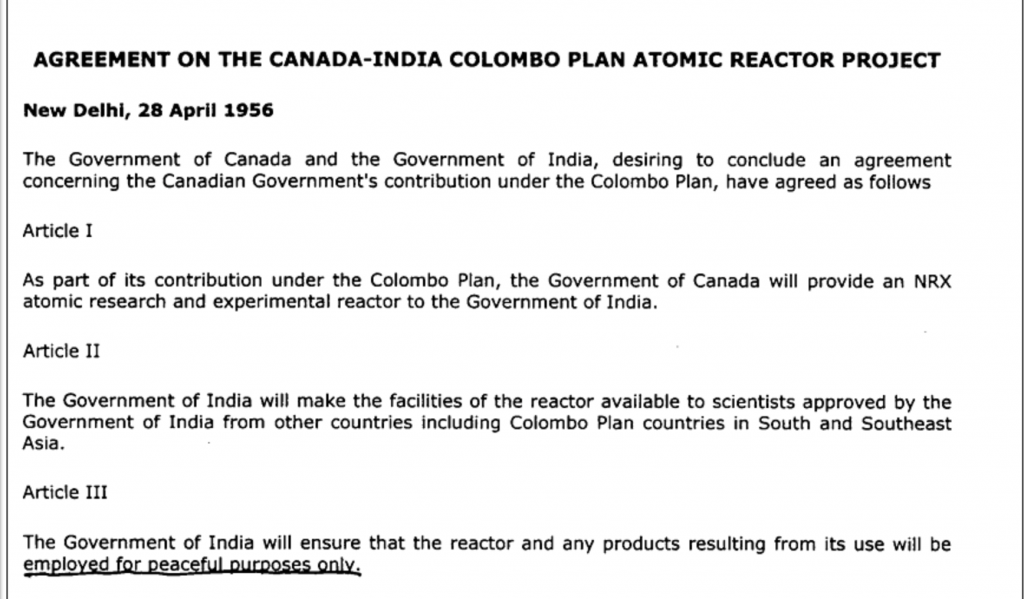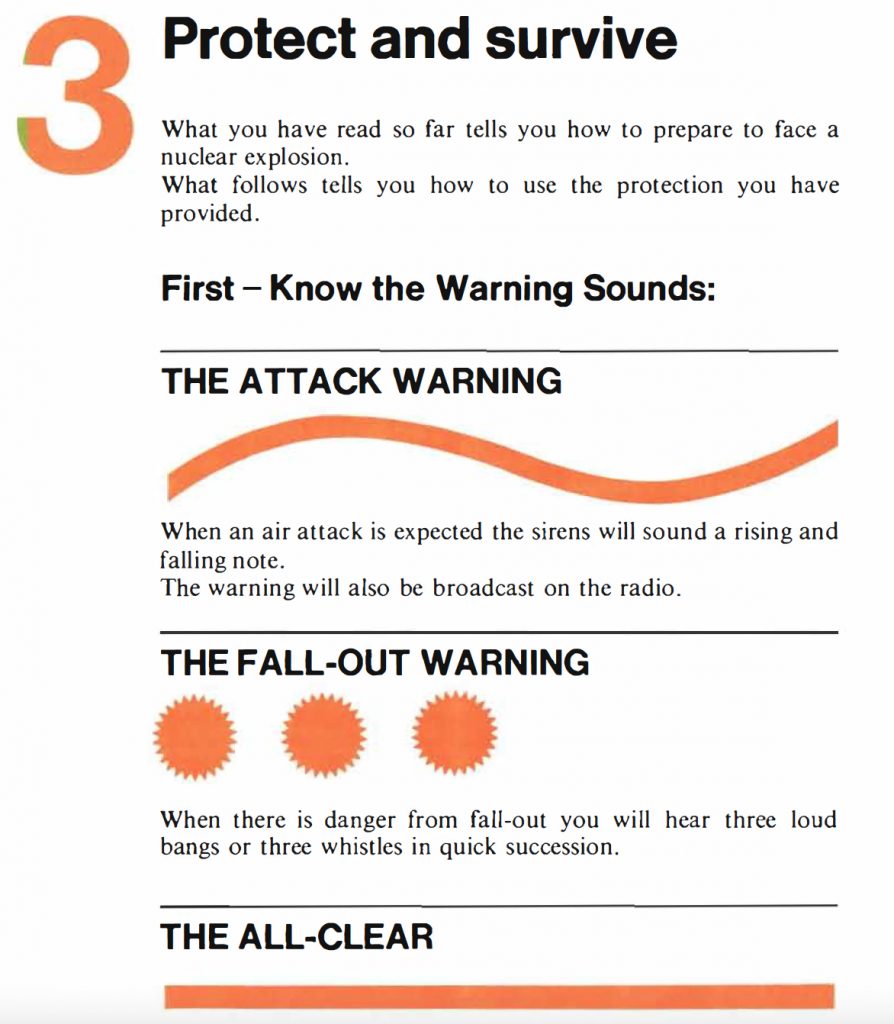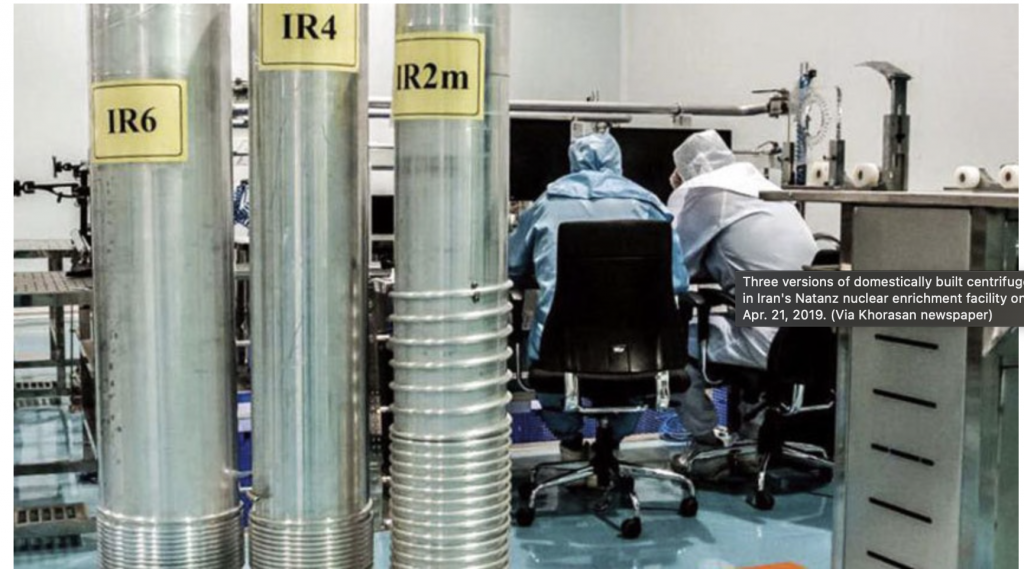Here’s a UNODA presentation about the Secretary-General’s Mechanism for Investigation of Alleged Use of Chemical and Biological Weapons (UNSGM).


Here’s a UNODA presentation about the Secretary-General’s Mechanism for Investigation of Alleged Use of Chemical and Biological Weapons (UNSGM).

This State Department cable describes a 1972 Canadian Atomic Energy Control Board assessment of India’s ability to divert plutonium from the CIRUS reactor:
Plutonium capability being what it is, particularly in fabrication operations, and with something of the order of 150 kilos in a fabrication circuit, enough material could be easily diverted from the core of la first device and covered up as being in scrap or processing losses.
Here’s a December 10 podcast in which Melissa Fleming, the UN Under-Secretary-General for Global Communication, interviews Raphael Grossi. They focus on his life story and career.
Here is the 1956 agreement for the CIRUS reactor.

Policy merits aside, did anyone even notice this? Back in February 2008, Steve Hadley said this during a CISAC event:
As many of you know, the United States has made clear for many years that it reserves the right to respond with overwhelming force to the use of weapons of mass destruction against the United States, our people, our forces and our friends and allies. Additionally, the United States will hold any state, terrorist group, or other non-state actor fully accountable for supporting or enabling terrorist efforts to obtain or use weapons of mass destruction, whether by facilitating, financing, or providing expertise or safe haven for such efforts.
A few months later, Hadley said pretty much the same thing to a DC audience:
The United States has made clear for many years that it reserves the right to respond with overwhelming force to the use of weapons of mass destruction against the United States, our people, our forces, and our friends and allies. Today we also make clear that the United States will hold any state, terrorist group, or other non-state actor or individual fully accountable for supporting or enabling terrorist efforts to obtain or use weapons of mass destruction — whether by facilitating, financing, or providing expertise or safe haven for such efforts
Here’s a link to a September 2020 pamphlet about the MTCR.
From Protect and Survive:

In the same podcast https://www.cbsnews.com/news/thwarting-syrias-nuclear-program-intelligence-matters-declassified-podcast/about which I wrote here, Maja Leans explains an example of IC coverage concerningntwo different geographic and functional issues
MICHAEL MORELL: One of the points that might be worth making here is that this work that we’re talking about now, right, was done during the height of the war against al-Qaida and the significantly worsening civil war in Iraq. So I just want to make sure people understand that just because CIA is focused on one thing does not it does not mean it’s not doing its job in other areas. Can you just comment on that?
MAJA LEHNUS: Absolutely. CIA has analysts with many different areas of expertise and specialty, allowing them to make assessments on a broad range of regional and functional topics. So the counterterrorism analysts and the Middle Eastern military analysts were focused on the war against al-Qaida and the war in Iraq, respectively. Analysts in the Weapons, Intelligence, Non-Proliferation and Arms Control Center, or WINPAC, were responsible for assessments of nuclear programs and proliferation. Of course, the IC’s collection capabilities are finite and have to be allocated judiciously across many priorities. The lack of imagery of the Syrian ‘Enigma’ facility during the early stages of construction was very likely the result of competition for imagery imagery collection
Former CIA analyst Maja Lehnus told Michael Morell in this podcast about lessons learned from the Iraq WMD debacle:
I’ll start with the Iraq WMD lesson of how important it is to understand and explain the quality of the intelligence sources on which judgments are based. In the broadest context, you need to understand and explain the quality of the information or perhaps the data sets that underpin your judgments. A key finding of the Iraq WMD review was that analysts failed to adequately represent the sourcing, on which important judgments were based. In fact, analysts were often unaware that there were issues or uncertainties regarding key sources and therefore their confidence in the information was much stronger than it otherwise would have been.
Another Iraq WMD lesson is the importance of examining alternative analytical possibilities or outcomes. No alternative analysis had been done on the Iraq WMD topic prior to the intelligence failure. No mechanism existed to force analysts to ask whether there might be another explanation for what they were observing or to ask themselves, ‘Could we be wrong? What might Alternative X look like? Hmm?’
A third lesson is the importance of clearly articulating key judgments and the levels of confidence for each judgment. This is a means of alerting customers to uncertainties and key intelligence gaps. In the Iraq WMD review, we found that key gaps and uncertainties were not highlighted and confidence levels were not clearly articulated. Moreover, when probabilistic language was used, such as possibly, probably and likely the review found that the analysts intended meaning and the readers’ interpretation were not always the same.
A final lesson I’ll mention that came out of the Iraq WMD review was the importance of conducting analytic line reviews, especially as accounts transitioned to other analysts or other offices right on related topics. History matters; you need to understand the historical context in which you’re working. It is fine to change an analytic assessment, but it’s important to highlight to your customers the fact that you’re doing so and explain the basis for the change. In the Iraq WMD review, we found unintentional shifts in the key analytic lines were occurring regularly. This was because the analyst lacked the historical context. The analyst writing a piece lacked awareness of what had been previously written by analysts from different part of the organization.
From this article:
